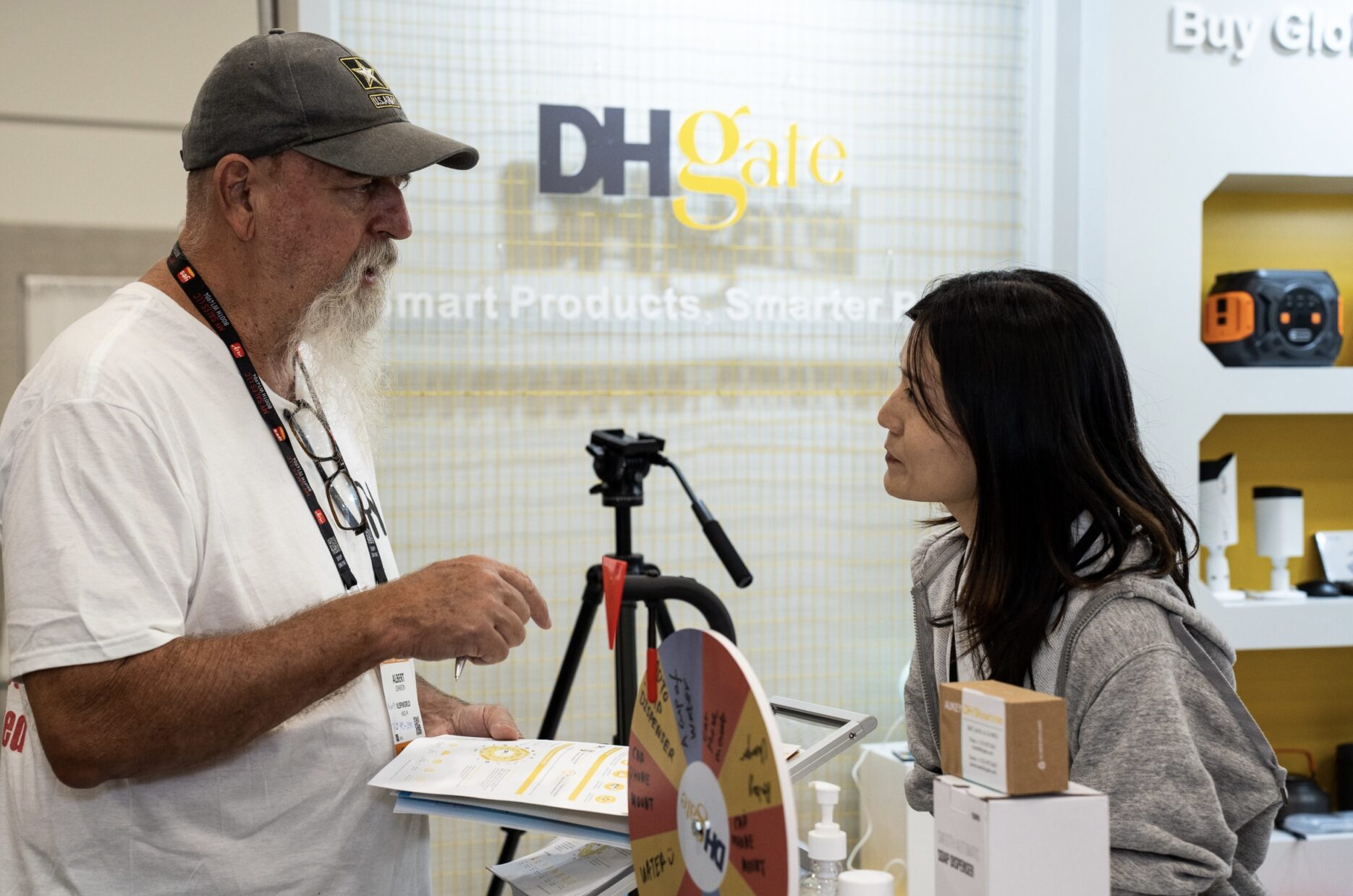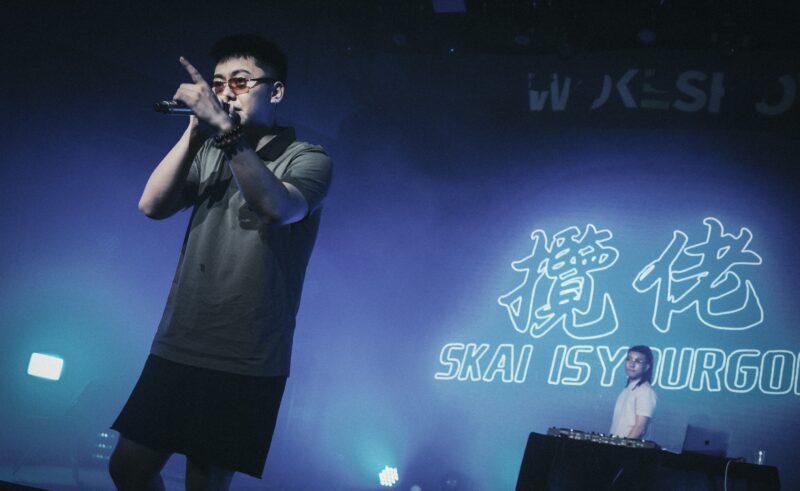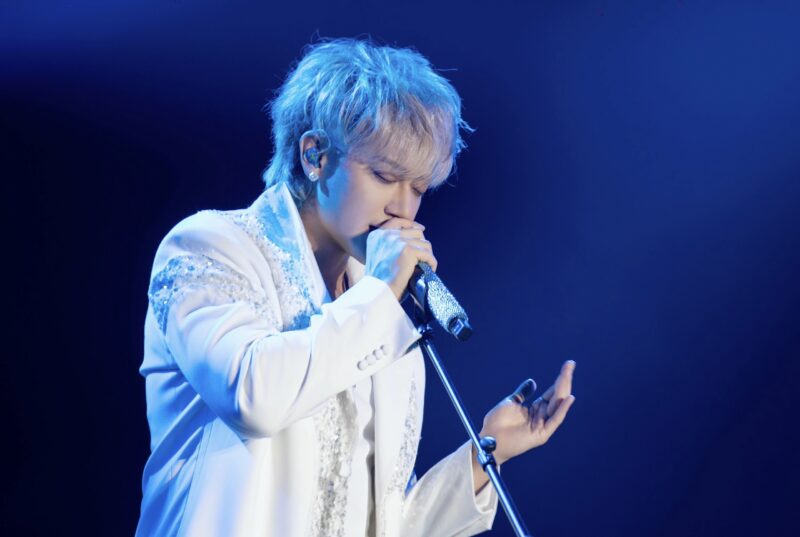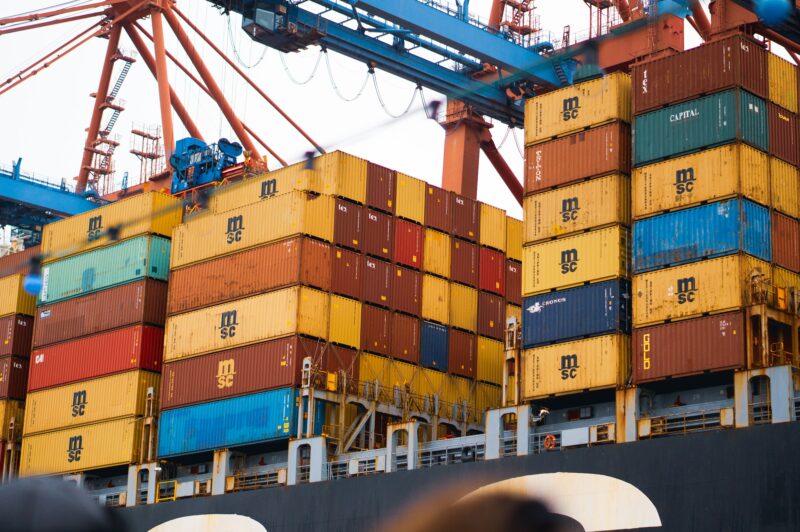While China and the United States are hit with tariffs, many US importers and consumers are trying to find ways to offset the cost of the indispensable ‘Made in China’ goods. Against this backdrop, an unassuming Chinese app has suddenly risen to viral fame in the United States and the world to an extent—DHgate (敦煌网). Founded in 2004, DHgate is a cross-border B2B wholesale platform.
The Chinese app DHgate going viral coincides with the “exposing luxury brands” trend on TikTok, where influencers allege that luxury handbags and apparel, supposedly crafted in Europe, are actually made in China. This propelled the hashtag “Chinese manufacturer” to go viral. Some believe that this was a front for promoting dupes, while others think it is a chance to cut out the middleman via livestream sales “from the source”.
In a matter of days, on 15 April, DHgate jumped from no. 352 to no. 2, behind ChatGPT on the free iOS apps rank chart in the US Apple App Store. On the shopping-specific ranking, DHgate, Taobao and SHEIN now rank in the top three. On 13 April, DHgate was downloaded 117,500 times on iOS alone, up 732% compared to its 30-day average. It was downloaded 65,100 times in the US on 13 April, up 940%.
It is likely that the initial boom was caused by DHgate’s regular B2B model, with importers searching for lower prices on the platform. The tariffs also coincided with the platform’s Spring Sale, which kicked off last month. On 11 April, DHgate announced in an open letter to its merchants that it would support those who don’t hike up their prices or make minimal increases in logistics and traffic. With cross-border e-commerce stocks surging in China, it would seem that confidence in Chinese exports remains resilient in the face of President Trump’s tariffs.
Need to boost your China strategy? Dao Pro delivers bespoke insights on marketing, innovation, and digital trends, direct from Chinese sources. Find out more from our Dao Strategy Team here.









